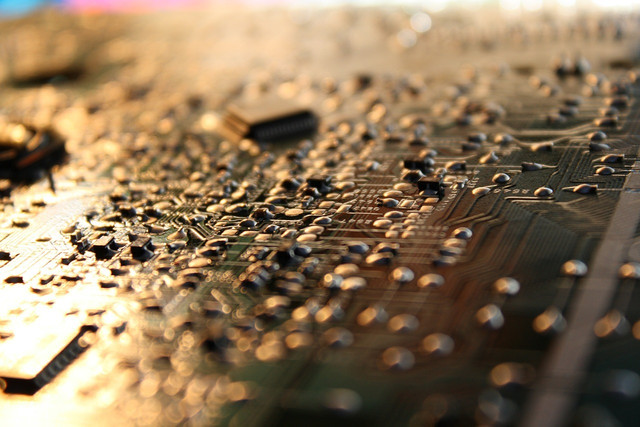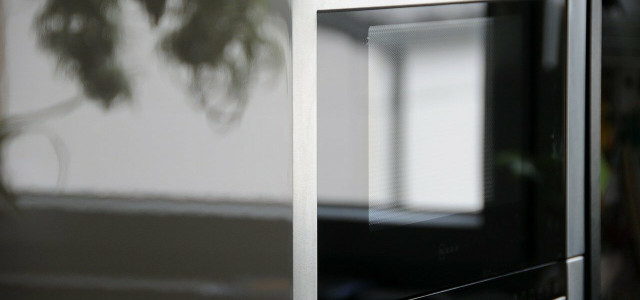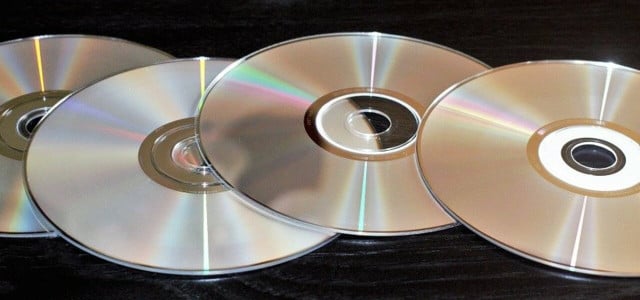Do you want to dispose of your old microwave but don't know how? We'll give you some tips on how to recycle or repurpose your old microwave instead of throwing it away as landfill.
According to the EPA, the negative effects of e-waste (electronic waste) on the environment are significant and serious. Electronic devices are made up of different types of materials; many of them are considered to be toxic when exposed to humans. These toxic heavy metals have been documented to become a health hazard once the device is broken down.
Aside from the impact on humans and animals, e-waste that enters landfills in a significant amount can have the potential to contaminate local water sources and plant life. This shows how huge an impact an electrical device like a microwave can have if you do not dispose of it correctly. We’ll show you a few ways to get rid of microwaves that won’t harm you or the planet.
How Not to Dispose of Your Microwave
Many people will leave microwaves out for collection or drop them off for landfill with the rest of their garbage. But that may even be illegal in some states. Different cities and states have different laws when it comes to the disposal of electronic waste: in California, for example, you can only legally dispose of microwaves through recycling facilities. So before dumping your e-waste, it would be a good idea to call your local landfill or garbage center for advice.
Most of the time, local services will provide special dumpsters or bins for electronics and small appliances, this way, you can also potentially avoid paying a fee for a pickup service. But we recommend choosing other ways to dispose of electrical devices like microwaves to ensure that as many parts as possible will get reused.
Disposing of Your Microwave Correctly: Recycling

(Foto: CC0 / Pixabay / beear)
Recycling is without a doubt the best and the most eco-friendly way of disposing of your old microwave. Through the process of doing so, you’re not only helping save all reusable parts but also reducing the negative effects that landfill disposal will have on the environment. But remember: It’s not safe to break down an electrical device when you do not have the correct equipment or recycling methods.
- As you can probably tell, a microwave is a complicated appliance that contains many different recyclable materials. E-waste recycling centers employ trained staff who will disassemble your old microwave and sort through the useful components safely.
- If you’re having difficulty tracking down a microwave recycling depot or store near you, consider searching on GreenDirectory. This is a handy website that is quick and easy to use and will find a good collection point convenient for you most of the time.
Other Recycling Alternatives
- Big-box stores often have their own take-back and recycling programs for electronics and appliances.
- Another idea is to contact the microwave’s manufacturer directly and ask if they have their own take-back program. Some manufacturers will take your broken microwave and reuse some of its parts to manufacture new microwaves.
- If you are purchasing a new microwave, ask the retailer if they offer a trade-in incentive for your old one. This approach is a real win/win scenario but can be challenging to find.
Repairing Your Microwave
Important Note: Repairing an old microwave instead of disposing of it will prevent waste and may even save you money. But only try to fix a broken microwave if you’re an experienced electrician. The device may have proved to be revolutionary when it comes to kitchen appliances, but be aware that it is also one of the most difficult and dangerous appliances to repair on your own.
First and foremost, microwaves come as compact units where all the components are packed in tightly against one another. Because of this, if you need to repair a microwave, you’ll probably need to take it apart completely to access the problem area, but your biggest concern should be the high voltage capacitor. This can still hold a powerful electrical charge even months after use, so the safest option is to hire a professional to fix your microwave instead.
A quick repair job for superficial damage to something cosmetic or non-electrical makes perfect sense. A faulty door latch, plastic button, or broken plate assembly are all quite easy to remedy and won’t cost you much.
Where to Donate of Your Old Microwave
If your microwave still works, don’t dispose of it.
- You could give it to a student heading off to college or donate it to a local school, church, or some other non-profit organization in your area.
- Thrift stores like Goodwill will sometimes donate a part of their proceeds to local charities, and will happily accept your working microwave.
- You can also give it away on Freecycle or list it for free on Craigslist.
Alternatively, if your microwave no longer works, you can donate to your local electronic repair shop or salvage yard. These more technically-minded folks can go over your defunct device and salvage any useful parts and components from it that can be reused.
In the end, if you can exhaust all other possibilities before throwing your microwave away as landfill, you will be doing your little bit to lessen the impact of e-waste on our environment.
Read more:
- What to Do With an Old Phone: 6 Sustainable Ideas
- Conserving Energy: 10 Ways to Save Electricity
- Precycling: How to Say No to Packaging Waste
Do you like this post?







